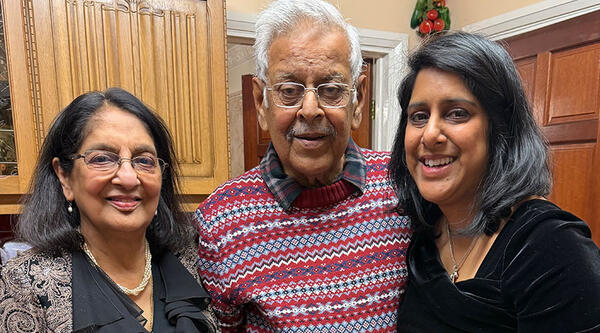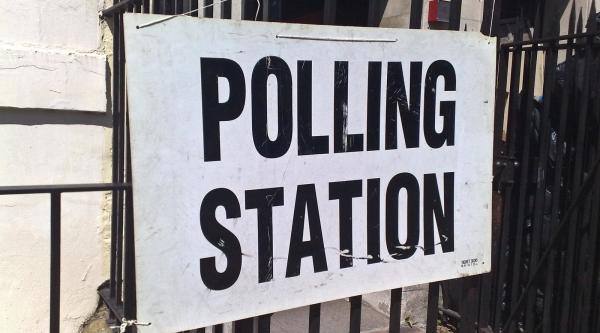Deprivation of Liberty Safeguards for people in supported living
A person with dementia who is in supported living can still be deprived of their liberty. A deprivation of liberty will still need to be authorised but the process is slightly different to the one for care homes and hospitals.
Deprivation of Liberty Safeguards
- Deprivation of Liberty Safeguards (DoLS)
- The Deprivation of Liberty Safeguards assessment
- What happens after a deprivation of liberty is authorised?
- You are here: Deprivation of Liberty Safeguards for people in supported living
What is supported living?
Supported living is a general term that refers to people living and receiving care in the community. This can mean someone who lives in their own home or in rented accommodation (including extra care housing), and receives care and support directly from, or organised by, their local authority.
Can a deprivation of liberty happen in supported living?
A person with dementia who lives in supported living can still be deprived of their liberty. This will usually only apply to people who receive a lot of care and support, as they must be under ‘continuous supervision and control’ (see ‘Is a person under continuous supervision and control?’ on the 'Deprivation of Liberty Safeguards (DoLS)' page).
If a person lives in supported living, a deprivation of liberty will still need to be authorised. The point of the authorisation is the same as in a care home or hospital, and the same criteria apply. However, the process is slightly different.
How is a deprivation of liberty in supported living authorised?
For supported living, the local authority do not authorise a deprivation of liberty. Instead, they take it to the Court of Protection. If you feel that you or someone you know is in this position, you can ask the local authority to seek authorisation.
You may find it helpful to speak to the Court of Protection for further guidance and information.








